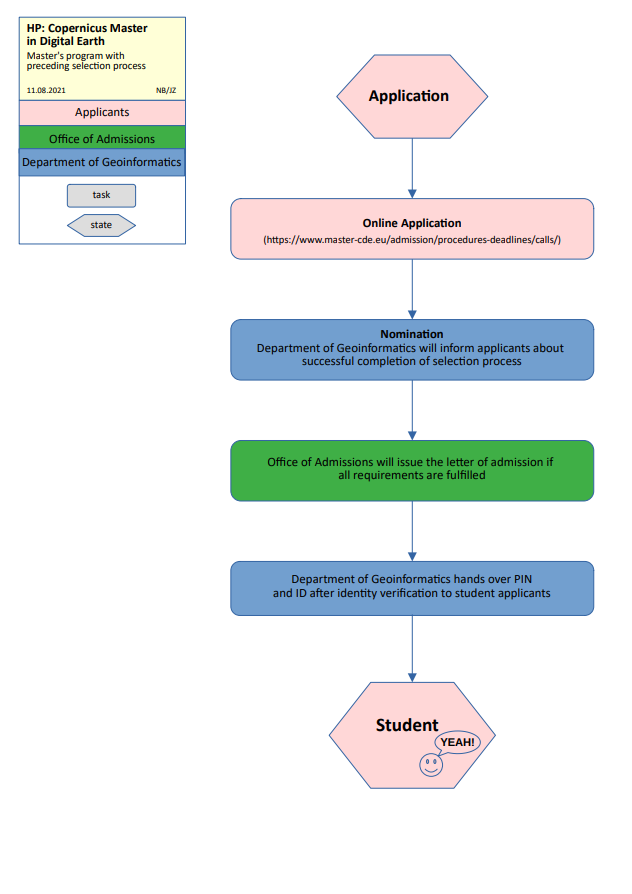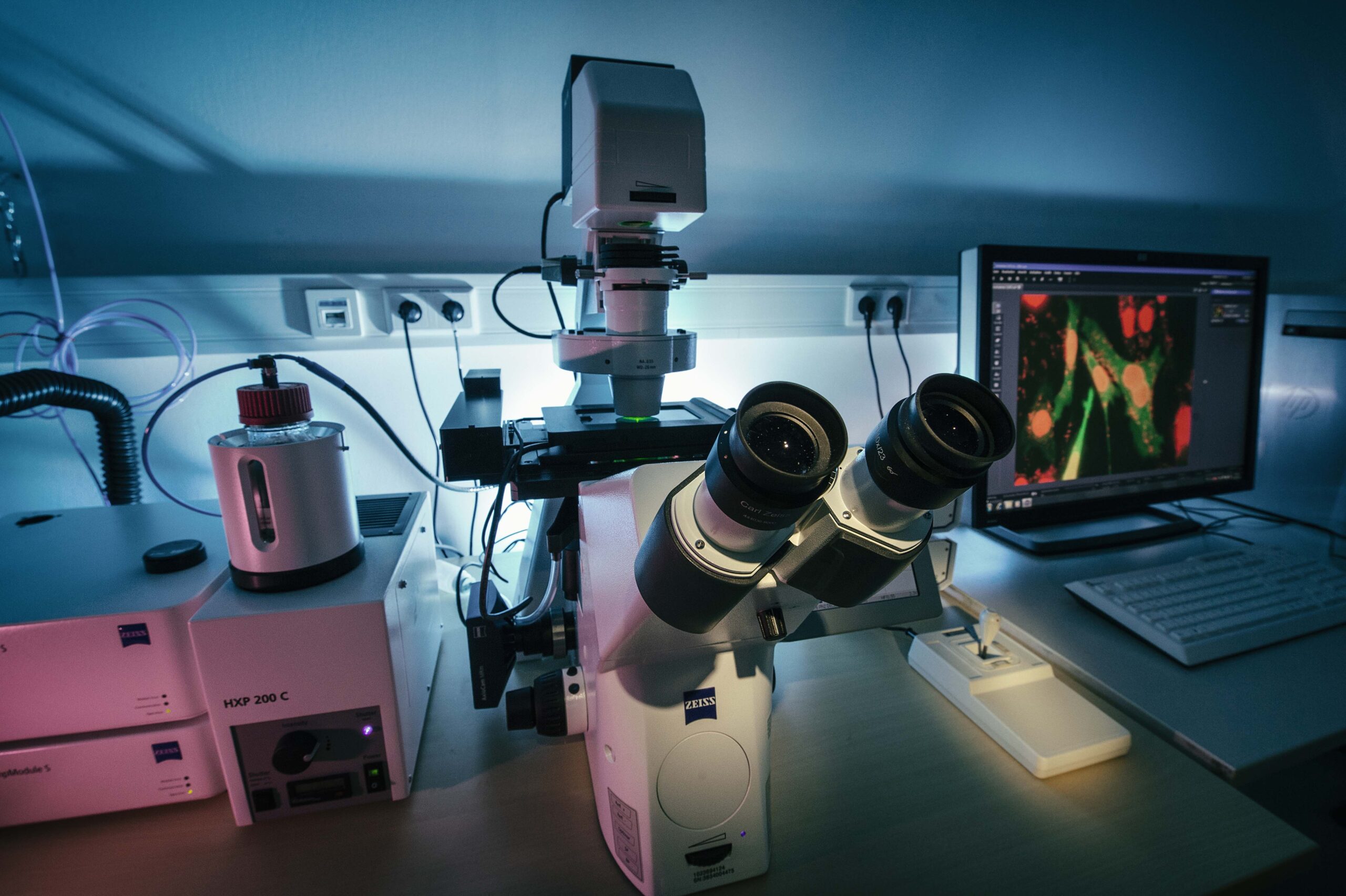COPERNICUS MASTER IN DIGITAL EARTH, MASTERSTUDIUM
| Apply now |  |
| Course Duration / ECTS | 4 semesters / 120 ECTS |
| University degree | Master of Science (MSc) |
| Admission Requirements and Curriculum | · As Erasmus+ EMJMD programme there is a qualification based selection process. In order to be admitted to this master’s programme, students must hold a bachelor’s degree in a geospatial discipline or from an equivalent programme at an internationally recognised tertiary educational institution, and the admission by the Consortium of the Erasmus Mundus Joint Master Degree programme. · Curriculum |
| Language of instruction English | Proof of language proficiency |
| Dates and Deadlines | · The dates and deadlines change every semester. · The current deadlines and dates can be found here. |
| Information | Homepage |
Are you already a student at the PLUS and want to take up this study program as well – or switch? Please contact the Office of Admissions via the link below.
If you still need help or advice after enrolling (registering for a study program), you will find important links here.

What will I learn?
The study programme is scientifically based, provides a broad range of academic analysis and research methods, and prepares students for a doctoral degree programme. It provides application-oriented knowledge based on relevant theories and methods. Discipline-specific ways of thinking, analytical skills and techniques as well as problem-solving competences are developed in core areas of Copernicus and Digital Earth, especially in: Geospatial data acquisition and visual / cartographic communication; Data modelling and spatial data management; Data analytics across the spectrum of Geoinformatics: georeferenced data and data streams; in-situ, remote and mobile sensing; statistics; Spatial analysis, as well as dynamic system simulation; Standards for architectures of open and distributed systems and spatial data infrastructures; Development of geospatial applications.

What makes Salzburg so special as a place to study?
The Department of Geoinformatics – Z_GIS at the University of Salzburg is a recognized Centre of Excellence established since the late 1980ies and provides the competence and capacity for offering a high level of undergraduate and postgraduate education. The new English language Master of Science Programme is jointly offered to outstanding candidates as double degree. Students study Earth Observation and Geoinformatics in the first academic year at the University of Salzburg. Two Specialization Tracks offer candidates a pathway towards excellence either at University of South Brittany in GeoData Science or GeoVisualization at Palacky University Olomouc, in the second year of studies. The excellent support of students is a special feature, we translate research into education. A compulsory internship brings added value and links with potential employment opportunities.

Which career opportunities do I have?
Graduates of the MSc CDE programme will be able to independently plan and manage complex projects and applications in Geoinformatics as well as to cooperate on projects in spatial data infrastructures. The aim is to support and enhance decision-making in all application domains of Copernicus. Graduates of the MSc CDE programme develop a focus on methodological and technical areas of expertise, thus emphasizing career perspectives in public administration (e.g. spatial data infrastructures and geoinformatics services and application development, as well as in application domains such as in spatial planning, regional management, mobility, environment and nature conservation) and in business across a broad spectrum of industries. The study programme covers all areas of geospatial data collection and data management, spatial analytics, communication of results and decision support, interaction with of spatial information, as well as aspects of general management.
Contact

Assoz. Prof. Priv.-Doz. Mag. Dr. Stefan Lang
Joint Programme Coordinator
Schillerstraße 30/III, 5020 Salzburg
Tel.: +43 662 8044-7562
E-Mail:
Photographs: © Luigi Caputo (1-3)




